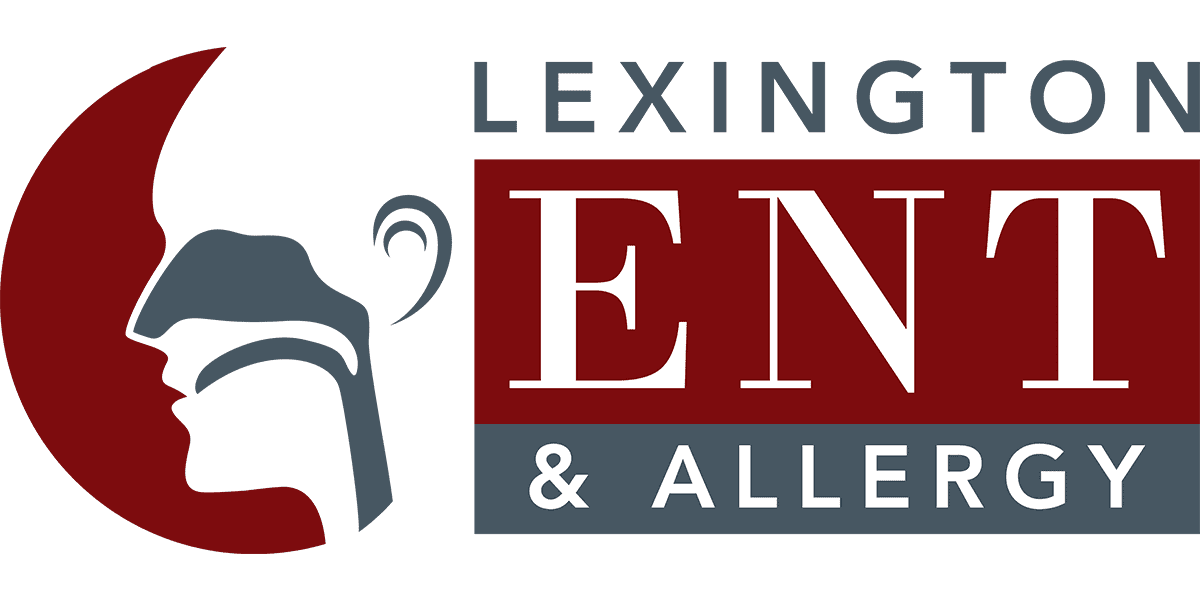
Do you have difficulty breathing through your nose? Is it hard to sleep or exercise because you’re a “mouth breather”? If your nose is frequently congested and you can’t breathe well, you can find solutions at Lexington ENT & Allergy on the Upper East Side of Manhattan. Board-certified otolaryngologist Alexa Lessow, MD, offers nonsurgical treatment solutions to address chronic nasal congestion and specialized surgeries to treat a deviated septum, swollen tissues in the nose, chronic sinusitis, and nasal polyps. To find out which treatment is right for you, schedule a consultation with Dr. Lessow by calling the New York City office or by requesting an appointment online now.
request an appointmentWhat causes a nasal obstruction?
A nasal obstruction describes any condition that affects your ability to breathe efficiently. In some cases, a nasal obstruction results from chronic nasal congestion due to allergies or inflammation. You may also struggle to breathe due to the growth of polyps.
In some cases, a nasal obstruction develops due to a structural issue within your nose, typically a deviated septum. A deviated septum occurs when the thin wall between your nasal passages is out of alignment and causes one side of your nasal passage to be smaller than the other. This condition can be present at birth or result from a nose injury.
In some cases, a deviated septum can be severe enough to block one side of your nose completely. This makes it difficult to breathe and can even cause frequent nosebleeds when the air dries out the tissues.
How is a nasal obstruction diagnosed?
During your diagnostic evaluation, Dr. Lessow discusses your symptoms and reviews your medical history. She uses a bright light to look into your nasal passages to identify inflammation or structural issues, like a deviated septum.
Depending on the results of your exam, Dr. Lessow customizes a treatment plan that focuses on improving your breathing and addressing structural issues in your nose.
How is a nasal obstruction treated?
If you have chronic nasal congestion due to sinusitis, Dr. Lessow may recommend decongestants and antihistamines to open your nasal passages. She can also suggest saline nasal sprays to clear away irritants and moisturize your nasal tissues to prevent nosebleeds.
If you have a deviated septum, Dr. Lessow may recommend surgery. She offers several types of nasal surgery:
Turbinate surgery
Turbinate surgery focuses on removing parts of the long, tissue-covered bones (turbinates) that swell and block air from moving through the nasal passages.
Balloon sinuplasty
For a deviated septum, Dr. Lessow may recommend balloon sinuplasty. This procedure involves inserting a small balloon into the blocked nasal passage and inflating it to widen the space.
Endoscopic sinus surgery
Endoscopic sinus surgery is minimally invasive and involves the use of a special scope to remove polyps or other blockages in the nasal passages.
Nasal valve surgery
Nasal valve surgery focuses on repairing collapsed nasal valves. These valves limit air flow and are usually narrow. If they collapse due to trauma, it can interfere with your breathing.
Septoplasty
Septoplasty is a procedure to repair the center wall of your nose. This may involve removing parts of the inner nasal wall to reposition it correctly.
Learn more about available options to clear a nasal obstruction by calling Lexington ENT & Allergy or by requesting an appointment online today.
